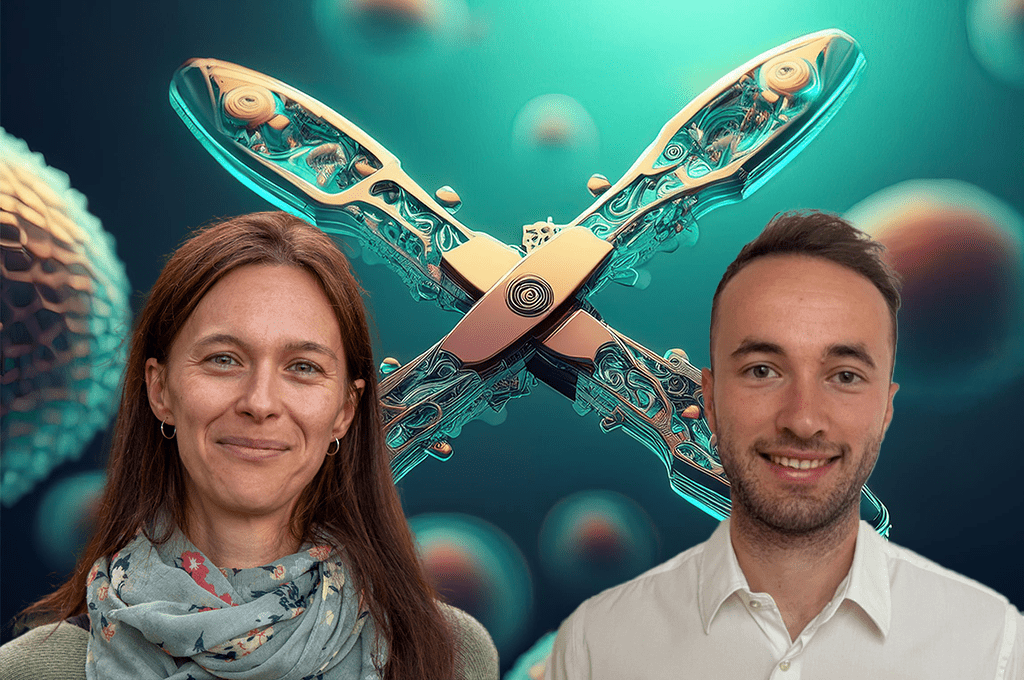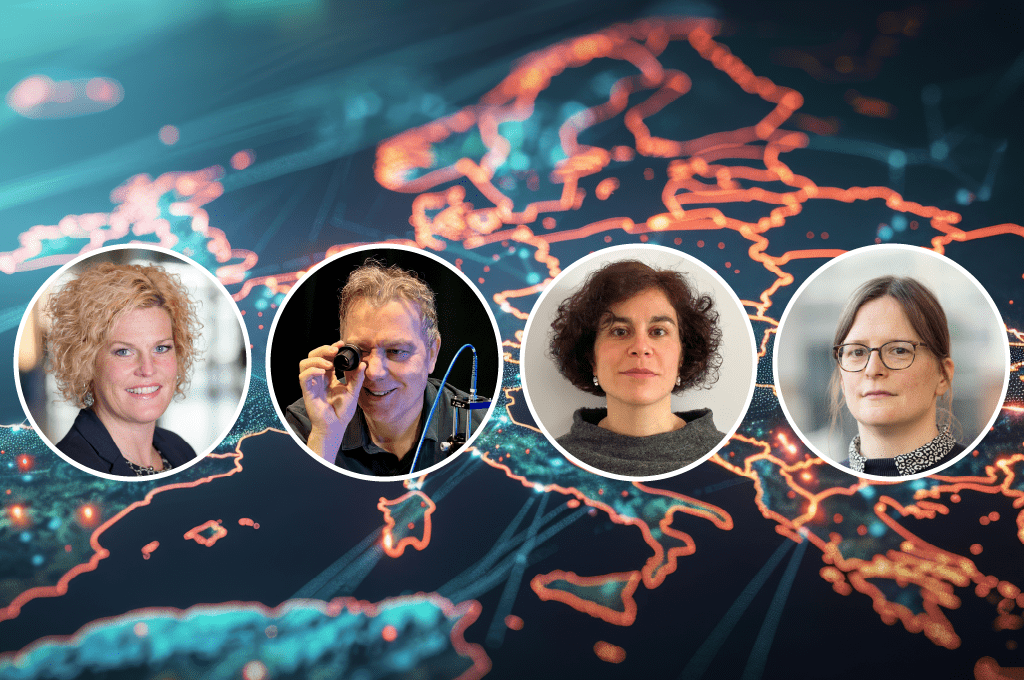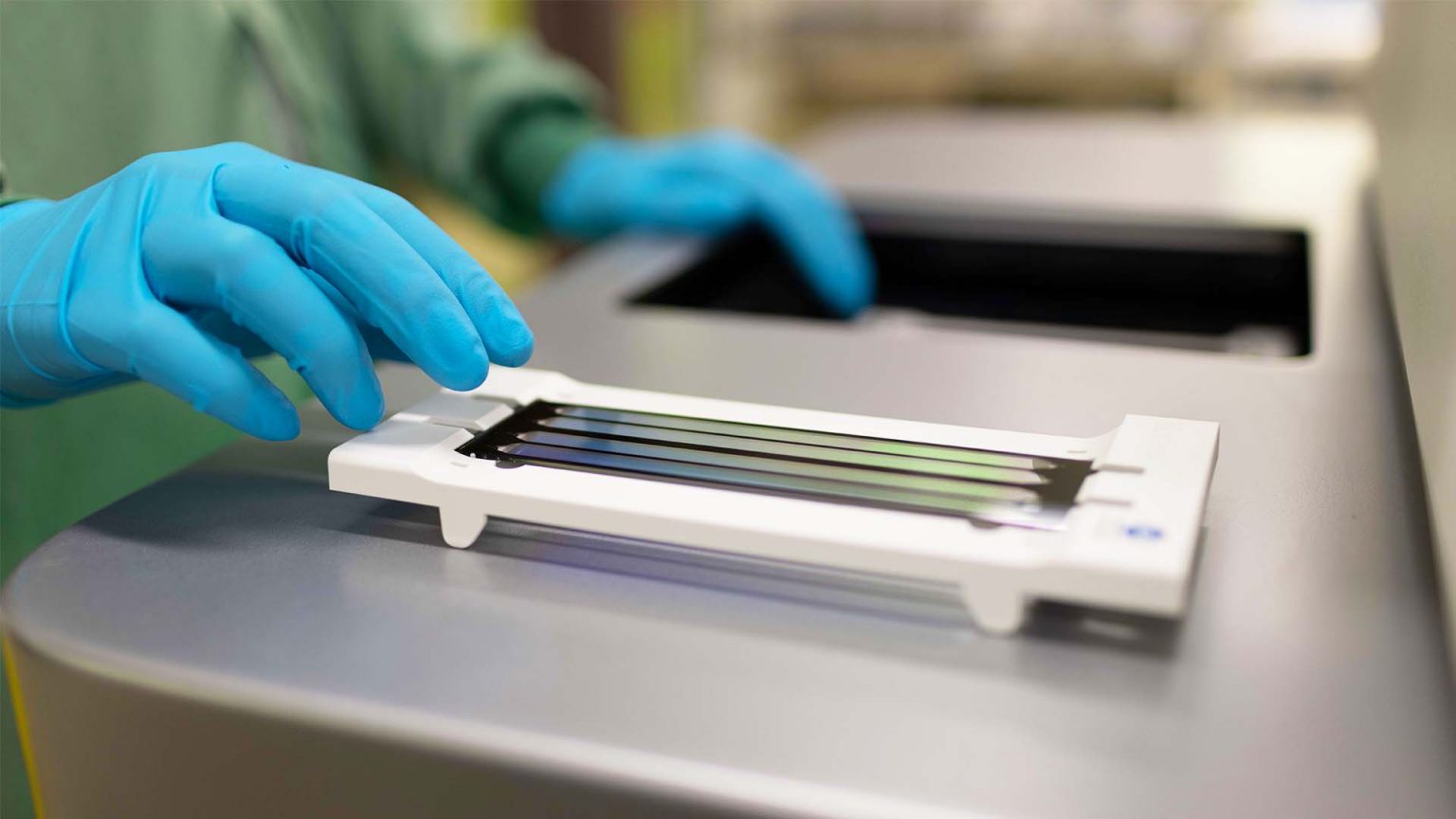SciLifeLab researchers among the most cited
SciLifeLab Fellow Johan Bengtsson-Palme and SciLifeLab researcher Mia Wadelius are among the top 1% cited researchers in the world in Clarivate’s “Highly Cited Researchers” list.
The list is based on analyses of citation data from the Web of Science. When researchers refer to one another’s work, this indicates who has written the most significant and valuable scholarly articles. The analysis has identified the researchers who are among the most cited (top 1%) in natural sciences, social sciences, and humanities over 2011–2021.
We asked Johan and Mia how it felt to be once again one of the most cited researchers in the world.
– It is, of course, very exciting. This is, above all, a receipt that what I have been involved in and done is being used and that the resources we have created will benefit many people. I am not entirely comfortable with citations being used to measure quality, but it is a measure of usability, says Johan Bengtsson-Palme.
Mia Wadelius was similarly pleased to be one of the most cited researchers on the planet.
– I am both happy and proud to be on the list. The most cited articles are done within international projects. Because many authors are involved in these collaborations, they provide less merit locally, but the results can be all the more valuable, says Mia Wadelius.
Is there any particular paper that stands out?
– 2022 was a strange year with many articles stuck in review processes, so I only have one publication to highlight this year. It is a paper (http://dx.doi.org/10.1002/ctm2.1023) about the bacteria in the vagina and how they affect premature birth. First author Tove Wikström did a fantastic job with this for several years, despite complex and contradictory results, which partly go against the consensus in the field. So when it was finally published in the journal Clinical and Translational Medicine, it felt great because we struggled to find out why the results contradicted previous studies, Johan says.
Mia echoed these sentiments as she had also felt the troublesome review process.
– I agree with Johan Bengtsson-Palme that it has been slow to publish in 2022. If I were to choose a research article from 2022, it would be doi: 10.3389/fgene.2022.982955, which shows that our genes do not play a huge role for how we react to the blood-thinning medication apixaban (Eliquis), as opposed to the known effect of our genes on the old blood-thinning medication warfarin. I am impressed that first author Sofia Attelind published the article about apixaban in a rather good journal because it is challenging to publish so-called negative findings, Mia says.
Congratulations to both!
The full Highly Cited Researchers 2022 list and analysis can be found here





